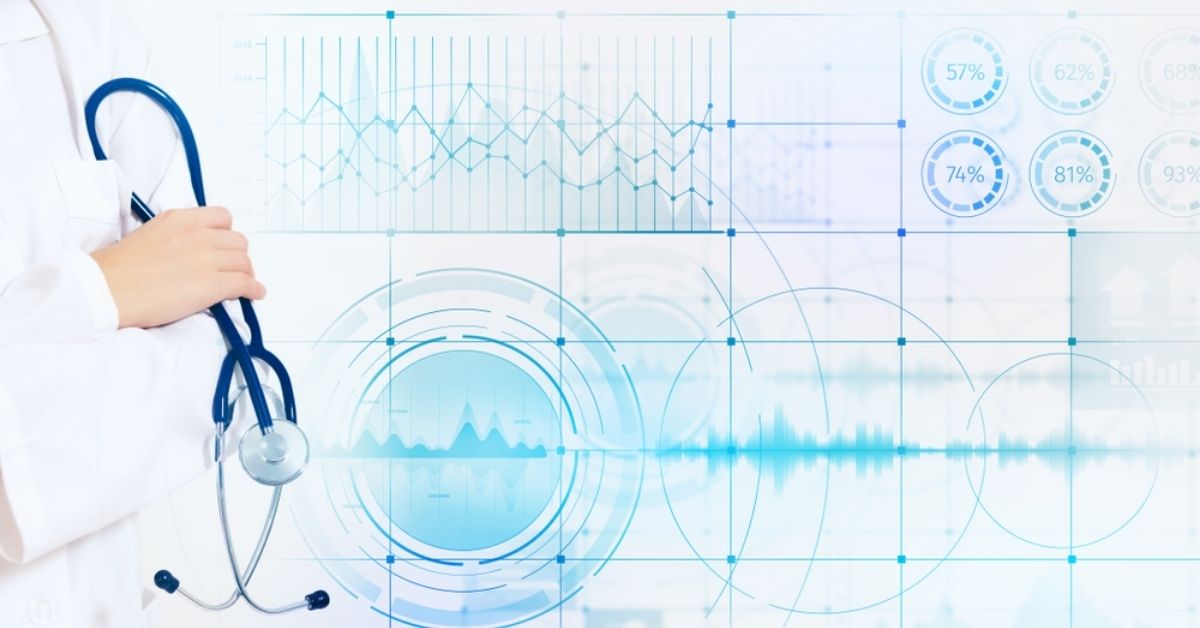Diagnostic Labs

Laboratory Billing Solutions
When it comes to lab billing, Credence Global Solutions brings extensive experience supporting, Independent Labs, Physician Owned Labs, and Nursing Home Labs across the country. We help determine where to focus revenue efforts and what steps will yield the greatest benefit. Our laboratory billing services and technology drives performance across all segments of the laboratory RCM process, including out-of-network reimbursements, pay-to-patient, and patient responsibility.
SKILLED IN THE INDUSTRIES
BEST TECHNOLOGY
PLATFORMS
Our Expertise
Delivering transformational business solutions to expand your current revenue while minimizing administrative overhead is at the heart of our services! Our extensive portfolio of technology, services and solutions are tailored to meet the demands of the immensely regulated and dynamic healthcare industry. From medical coding and billing to revenue cycle management, we help your practice thrive.
Why Consider Outsourced Lab Billing
Medical billing outsourcing is becoming more and more common across medical diagnostic laboratories. Why is this?
Laboratory billing can be a cyclical and repetitive process. First, a physician orders lab work for their patients, patients complete the lab work, the lab performs the tests and produces the results of the lab. Only after this process can the billing take place, but trying to get paid can become difficult. Most of the employees within a lab are technicians, which means they are generally not involved in the revenue cycle management process. It’s up to the billing department, sometimes with very few employees or limited resources, to take on the difficult task of collecting payment, and billing cycles range in length from several days to several months. Outsourced lab billing can take the pressure off by creating a consistent and reliable process, which allows the lab employees to focus on maintaining and improving other areas of the laboratory.
Additional complications laboratories face when it comes to their revenue cycle management (RCM) include facing new policy demands, technological shifts, insurance requirements around medical necessity, and the pressure of attaining less denied claims. These administrative challenges disrupt the lab revenue cycle.
Increasing Policy Demands For Medical Laboratories
Laboratory policies are heavily regulated and constantly changing, creating additional stress within the lab billing department. If your lab isn’t compliant with them, it can severely hurt you and even lose you money. Third party lab billing companies like Credence Global Solutions are always briefed and up-to-date with the latest regulations and policies, so the lab staff doesn’t even need to worry about it.
Technological Shifts In Medical Billing Systems
Technology and laboratory billing systems have become more advanced in recent years, but training on new systems takes time. As a diagnostic lab, you are constantly dealing with sensitive and private information. Due to patient protection and HIPAA, there are regular shifts in technology to maintain privacy and security. However, billing software can create a challenge for your lab when it comes to accessing patient data, spending additional time and resources and ultimately, losing money.
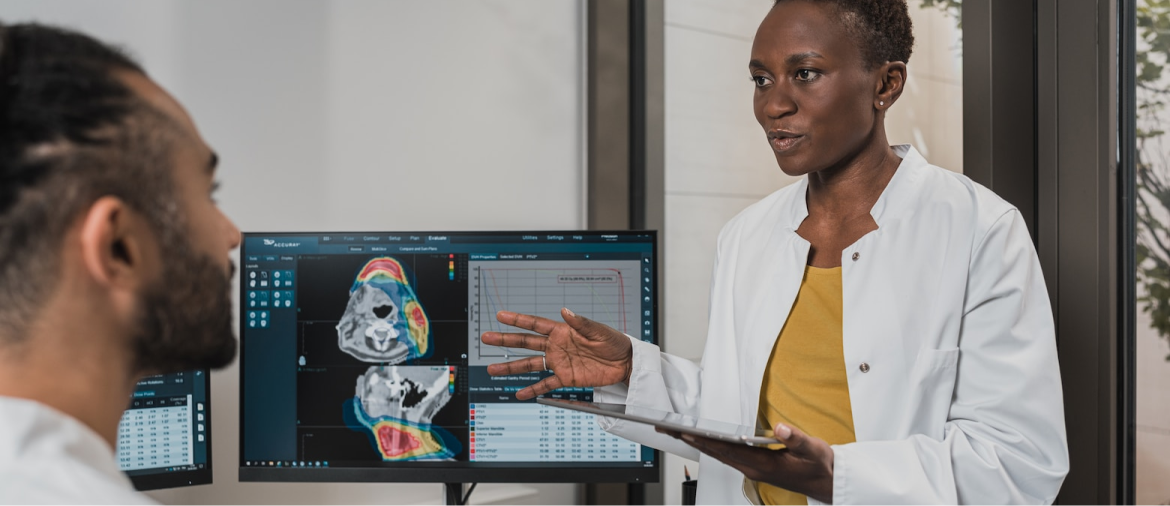
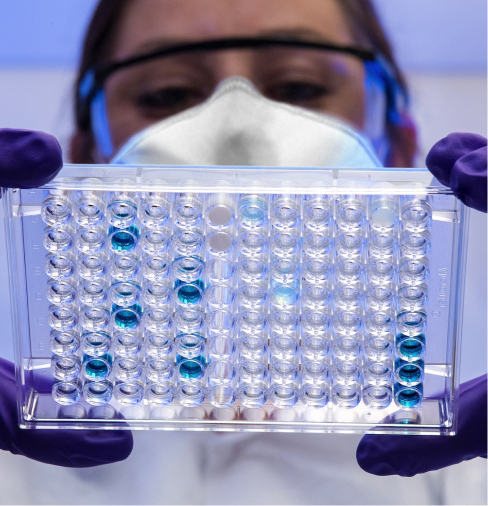
When your lab partners with Credence Global Solutions, you’ll receive custom technology-driven solutions that are specifically built for diagnostic labs. Our diagnostic laboratory services cover all segments of the laboratory RCM process, including out-of-network reimbursements, pay-to-patient, and a patient engagement platform that allows your patients to pay your through through their chosen mode of communication.
Avoiding Denied Claims In Laboratory Billing
Laboratory claim collections are under increased scrutiny as it’s more important now than ever to mitigate claim denial. When examining why your claims are being denied, one of the primary reasons is most likely because of billing and coding errors. Once a claim is sent back and receives a “denied” status, there is a list of things that need to be taken care of for it to be re-approved. Unfortunately, getting the claim re-approved again is no easy task and the reality is that many labs are just not equipped to handle the denied claims process. What could be collectible revenue is lost because it’s not taken care of in a timely fashion.
As part of your partnership with Credence, we’re here to manage and monitor all claims – no claim is too big or too small for us. We understand there is less margin for error which is why we designed superior automation to handle claims and reduce oversights. You will start to see your lab’s claim rate skyrocket, along with real-time insight as to how your improved claim rate is affecting your revenue cycle.
Medical Group Technology Solutions
There are immediate benefits that come by partnering with a laboratory billing firm like Credence Global Solutions. These include:
- Reduced operating costs
- Data Automation Improves Your Laboratory’s Bottom Line
- No more coding or billing errors
- Faster processing and payment
- Medical Billing Expertise
Reduced Operating Costs And Better Cash Flow
Having an in-house billing department for your lab can include additional rent for more office space, utilities, insurance, legal fees, office supplies, software, hardware, and most likely the largest cost: payroll. There are also costs associated with keeping the billing staff up-to-date with current systems, policies and regulations. By outsourcing your lab billing, a majority of these costs disappear.
Data Automation Improves Your Laboratory’s Bottom Line
Data automation can help handle coding, billings, accounts receivable, and data sharing tasks. It allows you to focus your efforts on patient care and quality outcomes. By utilizing data automation in a laboratory setting, your organization can work to avoid issues such as missing or inaccurate data, and insurance and financial information, which can slow the RCM.
Data automation with your RCM reduces manual accounts receivable processes, improving billing and account setup efficiency. This technology works to create advanced work lists for staff which can be categorized into cash collections methods, denial codes, dates of service, and a variety of others. By cutting down time spent on manual processes, staff can focus more on their patient care and outcomes than RCM.
The problem with data automation is that it can be daunting to many businesses, as it involves restructuring departments and processes. By outsourcing your laboratory billing services, it removes this burden so you can focus more on the work you need to do.
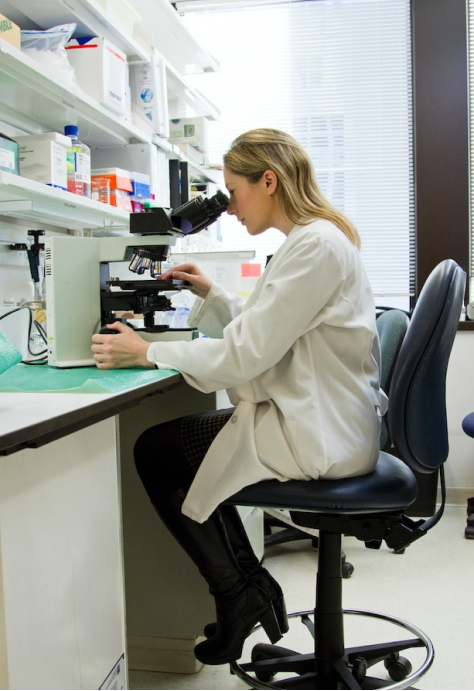
Reduced Operating Costs And Better Cash Flow
Having an in-house billing department for your lab can include additional rent for more office space, utilities, insurance, legal fees, office supplies, software, hardware, and most likely the largest cost: payroll. There are also costs associated with keeping the billing staff up-to-date with current systems, policies and regulations. By outsourcing your lab billing, a majority of these costs disappear.
Data Automation Improves Your Laboratory’s Bottom Line
Data automation can help handle coding, billings, accounts receivable, and data sharing tasks. It allows you to focus your efforts on patient care and quality outcomes. By utilizing data automation in a laboratory setting, your organization can work to avoid issues such as missing or inaccurate data, and insurance and financial information, which can slow the RCM.
Data automation with your RCM reduces manual accounts receivable processes, improving billing and account setup efficiency. This technology works to create advanced work lists for staff which can be categorized into cash collections methods, denial codes, dates of service, and a variety of others. By cutting down time spent on manual processes, staff can focus more on their patient care and outcomes than RCM.
The problem with data automation is that it can be daunting to many businesses, as it involves restructuring departments and processes. By outsourcing your laboratory billing services, it removes this burden so you can focus more on the work you need to do.
No More Coding Or Billing Errors For Diagnostic Labs
It’s no secret that when it comes to medical billing, a large majority of issues that arise come from billing errors. Laboratory billing systems have a specialized solution that is used to improve financial standings of the labs that provide medical testing for patients while allowing the staff to work as fast as possible. A laboratory billing system uses and is aware of the unique requirements of lab billing, unlike billing for a medical office or practice. Credence Global Solutions are experts in lab billing, and our lab billing software is the best there is. This helps significantly reduce, if not completely eliminate, coding and billing errors which can delay payments and cause larger problems.
Faster Processing And Payment
At Credence Global Solutions, handling billing is all we do. We’ve streamlined our operation to ensure the quickest and most accurate billing process which results in your lab receiving payments on time.
Medical Billing Expertise For Diagnostic Labs
With Credence Global Solutions, you gain the benefit of our years of expertise in the fields of Revenue Cycle and Accounts Receivable Management. We’ve worked with large Fortune 100 clients in addition to over a hundred US Small Business clients. We also recognize that new methods become available everyday, which is why we are continuously on the lookout for ways to improve billing systems.
Revenue Cycle Management
- End to End Revenue Cycle Management
- Out-of-Network reimbursement
- Pay to Patient Support
- Coding & Charge Entry
- Credentialing
- Business Insight and Intelligence
Lab Optimization
- Managed IT Support Services
- Documentation
- Management Services
- Data Abstraction
- Mail Processing & Analytics
Post Write-off Services
- Accounts Receivables
- Management/Collections
- Agency Network Management Services
- Dispute Management
Lab Management Support
- Payer Rules Tracking
- Compensation Insight and Intelligence
Medical Appeal Process and Quick Patient Invoicing Are Key
Medical appeals and fast patient invoicing are two important aspects of healthcare administration of which Credence can assist. Medical appeals are the process of disputing a denial of payment for medical services. Fast patient invoicing is the process of sending patients their bills quickly and accurately.
There are a number of reasons why a patient’s insurance company may deny payment for medical services. Some common reasons include:
- The services were not medically necessary.
- The services were not provided by a covered provider.
- The patient did not meet their deductible or copayment.
If a patient’s insurance company denies payment for medical services, the patient may appeal the decision. The appeal process typically involves submitting additional documentation to the insurance company, such as medical records or letters from the patient’s doctor.
Fast patient invoicing is important for a number of reasons. First, it helps to ensure that patients are aware of their financial obligations and can make arrangements to pay their bills. Second, it helps to prevent patients from falling behind on their bills, which can lead to collections and other problems. Third, it helps to improve the patient experience by making the billing process more efficient and convenient.
Credence helps healthcare organizations to improve their medical appeals and fast patient invoicing processes by:
- Having a clear and concise appeals process in place.
- Making it easy for patients to submit appeals.
- Responding to appeals promptly and in a timely manner.
- Using electronic billing systems to send bills to patients quickly and accurately.
By improving medical appeals and fast patient invoicing processes, healthcare organizations can improve the patient experience and reduce the financial burden on patients.
Additional ways Credence helps with improving medical appeals and fast patient invoicing:
- Make sure that all of your staff members are familiar with the appeals process.
- Keep good records of all patient communications.
- Be proactive in communicating with patients about their bills.
- Offer payment plans or other financial assistance to patients who are struggling to pay their bills.
- Work with your insurance company to resolve any billing issues promptly.
Technological Shifts In Medical Billing Systems
Technology and laboratory billing systems have become more advanced in recent years, but training on new systems takes time. As a diagnostic lab, you are constantly dealing with sensitive and private information. Due to patient protection and HIPAA, there are regular shifts in technology to maintain privacy and security. However, billing software can create a challenge for your lab when it comes to accessing patient data, spending additional time and resources and ultimately, losing money.
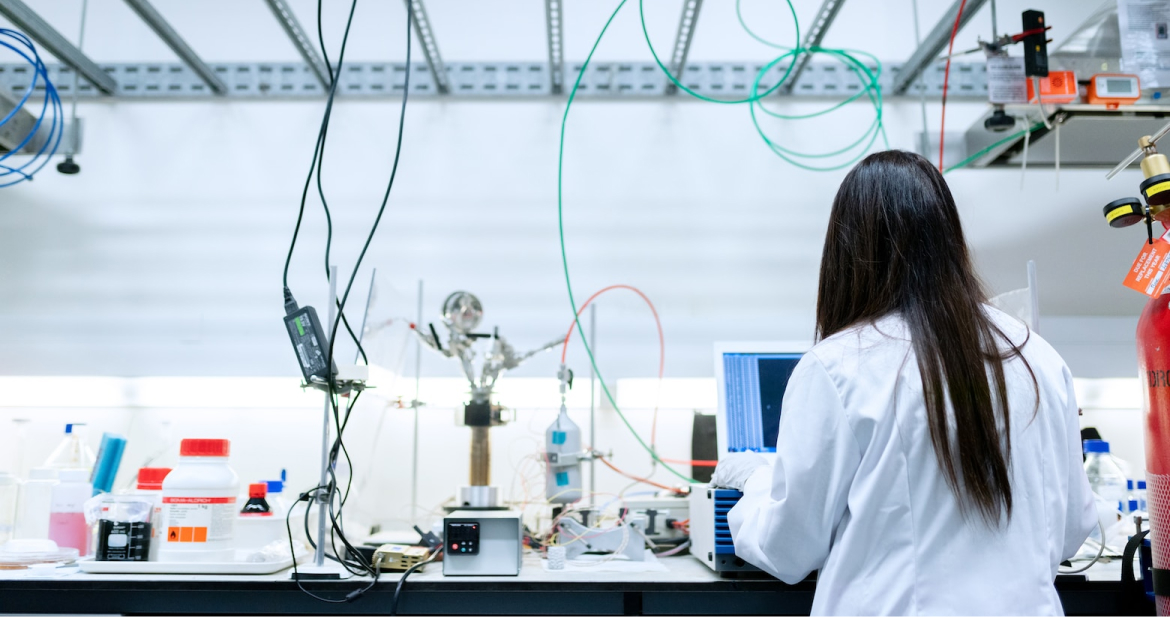
Credence Credentialing Services
Medical credentialing is the process of verifying a provider’s qualifications to ensure that they are qualified to provide care to patients. This process is typically required by health insurance companies, hospitals, and other healthcare organizations.The medical credentialing process typically includes the following steps:
- The provider submits an application to the credentialing organization.
- The credentialing organization verifies the provider’s education, training, and experience.
- The credentialing organization verifies the provider’s licensure, certification, and malpractice insurance.
- The credentialing organization conducts a background check on the provider.
- The credentialing organization makes a decision on whether to grant the provider credentialing.
The medical credentialing process is important to ensure that patients receive care from qualified providers. It also helps to protect healthcare organizations from liability.
Credence can help healthcare organizations streamline the credentialing process and ensure that it is compliant with all applicable regulations.
Benefits of using a medical credentialing service such as Credence Global Solutions:
- Save time and money: Medical credentialing can be a time-consuming and expensive process. Using a credentialing service can help healthcare organizations save time and money by outsourcing the process to a qualified company.
- Reduce risk: Medical credentialing services can help healthcare organizations reduce their risk of liability by ensuring that providers are qualified and meet all applicable regulations.
- Improve compliance: Medical credentialing services can help healthcare organizations comply with all applicable regulations by ensuring that the credentialing process is conducted in a thorough and accurate manner.
Revenue Per Accession (RPA) In Laboratories
Revenue Per Accession (RPA) In Laboratories
Revenue per accession (RPA) is a key performance indicator (KPI) in the laboratory industry. It is calculated by dividing the total revenue of a laboratory by the number of accessions performed. RPA can be used to track the financial performance of a laboratory over time, to compare the performance of different laboratories, and to identify areas where a laboratory can improve its profitability. Credence Global Solutions can help laboratories succeed when it comes to RPA. How?
There are a number of factors that can affect RPA, including:
- The type of tests performed by the laboratory
- The complexity of the tests
- The volume of tests performed
- The cost of supplies and equipment
- The cost of labor
- The reimbursement rates from payers
Credence help laboratories to improve their RPA by:
- Focusing on high-volume, high-margin tests
- Optimizing their test menus
- Standardizing their testing procedures
- Using automation and technology to improve efficiency
- Negotiating favorable reimbursement rates from payers
RPA is an important metric for laboratories to track and improve. By understanding the factors that affect RPA, laboratories can take steps to improve their profitability and financial performance.
Here are some additional tips for improving RPA:
- Use a laboratory information system (LIS) to track accessions and revenue.
- Conduct regular audits of your test menus to ensure that you are only offering tests that are necessary and profitable.
- Implement a continuous improvement program to identify and eliminate waste in your laboratory processes.
- Partner with payers to negotiate favorable reimbursement rates.
- Invest in automation and technology to improve efficiency and accuracy.
- Train your staff on best practices for test ordering and management.
- Educate your patients about the importance of preventive testing.






